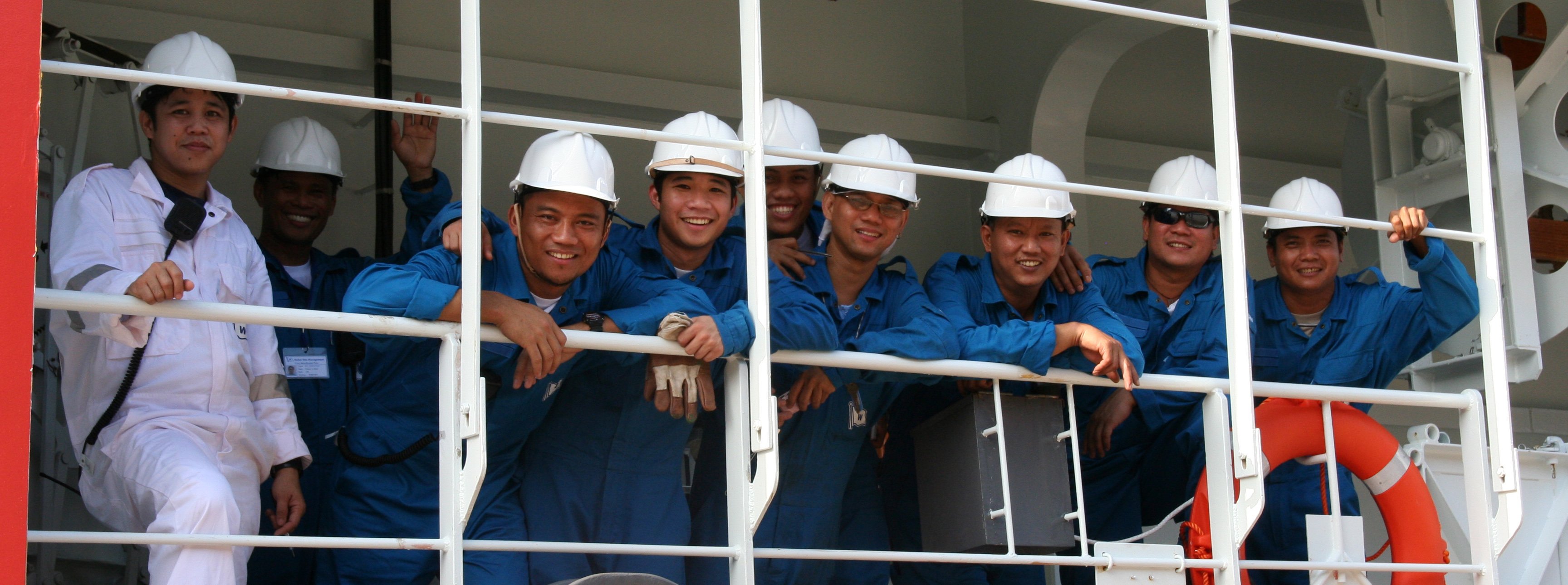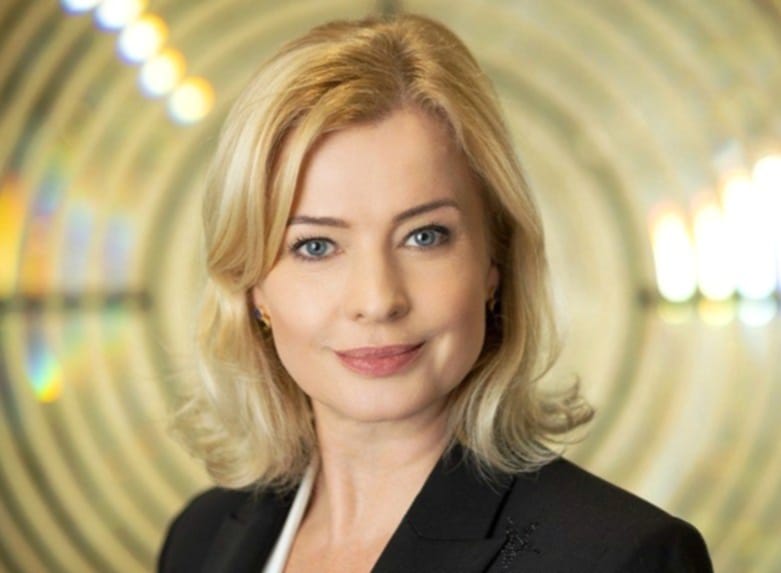By : Marek Grzybowski ( Poland )
President of the Baltic Sea and Space Cluster.
Dr Dorota Lost-Sieminska: The IMO’s ‘My Harassment-Free Ship’ initiative calls for a holistic approach to create a maritime culture where seafarers feel safe, valued, and respected.
3 questions to: An Exclusive interview with Dorota Lost Sieminska, PhD, Director, Legal Affairs and External Relations Division, International Maritime Organization (IMO).
An Exclusive Interview for the Maritime Publicists’ Club of the Baltic Maritime Cluster and Maritime Tickers
As every year, on June 25th, the maritime community celebrated Seafarer’s Day. However, this is not just a symbolic gesture, and not all seafarers have reason to celebrate. This year, the International Maritime Organization launched the “My Ship Free from Harassment” campaign. It is a broad and bold initiative promoting a culture of respect and zero tolerance for bullying and harassment at sea.
The IMO calls: “We are building a respectful future at sea.” Seafarer’s Day 2025 was not just a day of celebration. On this day, the maritime community called for action. “My Ship Free from Harassment” is an initiative aimed at changing maritime culture to one where every seafarer feels safe, valued, and assured of a safe seagoing career. “Together, we can create a safer maritime industry,” the IMO urges.

IMO Initiative
IMO has launched a broad campaign, ‘My Harassment-Free Ship.’ A vast number of maritime professionals have been involved in this initiative. We still face challenges with the culture of ship command and working relationships on board. In what ways do harassment and bullying manifest themselves on ships?
Dr Dorota Lost-Sieminska: Harassment and bullying on ships often manifest as verbal abuse, exclusion from group activities, intimidation, excessive or unreasonable work demands, and misuse of rank to undermine individuals. The culture onboard is typically led by the captain, whose approach to leadership heavily influences whether bullying or harassment can thrive.
For example, Captain Thomas Madsen from Maersk. He shared that the first thing he does each day is walk around the ship, meeting each crew member where they are rather than expecting them to come to the bridge. By addressing them by name and asking about their families, he fosters a culture of openness, trust, and psychological safety. This is crucial, as bullying and harassment often arise in environments where crew members feel segregated by nationality, culture, or rank.
Building a family feel onboard, finding shared values like family, and creating an environment where the most junior crew member can express concerns openly and be heard by the most senior officers are critical steps towards a #MyHarassmentFreeShip. Studies by ISWAN and WISTA have shown that inclusive leadership reduces the likelihood of harassment, as seafarers are more likely to report concerns when they trust their leadership.
The manifestations of bullying on ships

What are the manifestations of bullying on ships? Are women who work on ships particularly vulnerable to bullying? Does this problem affect a wider group of seafarers? What is the geographical scope of the issue of poor leadership culture on ships?
Yes, women are particularly vulnerable to bullying and harassment at sea. According to ISWAN’s research, nearly 60% of women seafarers reported experiencing gender-based discrimination or harassment, including inappropriate comments, doubting of capabilities, and exclusion from onboard activities. It is not uncommon for women to face assumptions about physical capability, with arguments that they cannot perform certain tasks, leading to resentment or additional workload on others.
However, capability and effectiveness should not be presumed based on gender. Many women, like many men, can perform various tasks, and in cases where adjustments are needed, effective leadership and task allocation are essential.
The issue extends beyond gender. Seafarers from minority nationalities or cultural backgrounds, and junior crew often face harassment, indicating that the problem affects a wider group of seafarers globally, not confined to any specific region.
Geographical factors are less relevant than the prevailing onboard leadership culture. Onboard culture can differ vastly even between ships of the same company, underscoring the critical role of senior officers and company policy in shaping respectful environments.
Actions to support this initiative

What actions are intended to support this initiative? Who should show the greatest activity in preventing harassment and bullying on ships and creating a friendly working atmosphere while performing work at sea?
The IMO’s ‘My Harassment-Free Ship’ initiative calls for a holistic approach to create a maritime culture where seafarers feel safe, valued, and respected. This involves:
- Implementing mandatory anti-harassment and anti-bullying training under the forthcoming STCW Code amendments.
- Encouraging shipping companies to invest in leadership development for both shore and sea staff, including scenario-based training, workshops, and reflective leadership practices.
- Developing clear reporting channels and robust follow-up mechanisms onboard so crew members can report incidents safely.
- Ensuring company policies are culturally aware, recognizing that global labour markets involve diverse expectations around personal boundaries and behaviours.
Shipping companies should take the lead, as they set the tone for company culture and allocate resources for training and policy implementation. However, the success of the initiative requires the active participation of senior officers onboard, who must translate company values into shipboard practices, creating a micro-culture on each vessel that is respectful and safe regardless of nationality, gender, or rank.harassment-guide
Related : Exclusive: Monika Kozakiewicz, CEO of the NAUTA Shipyard





